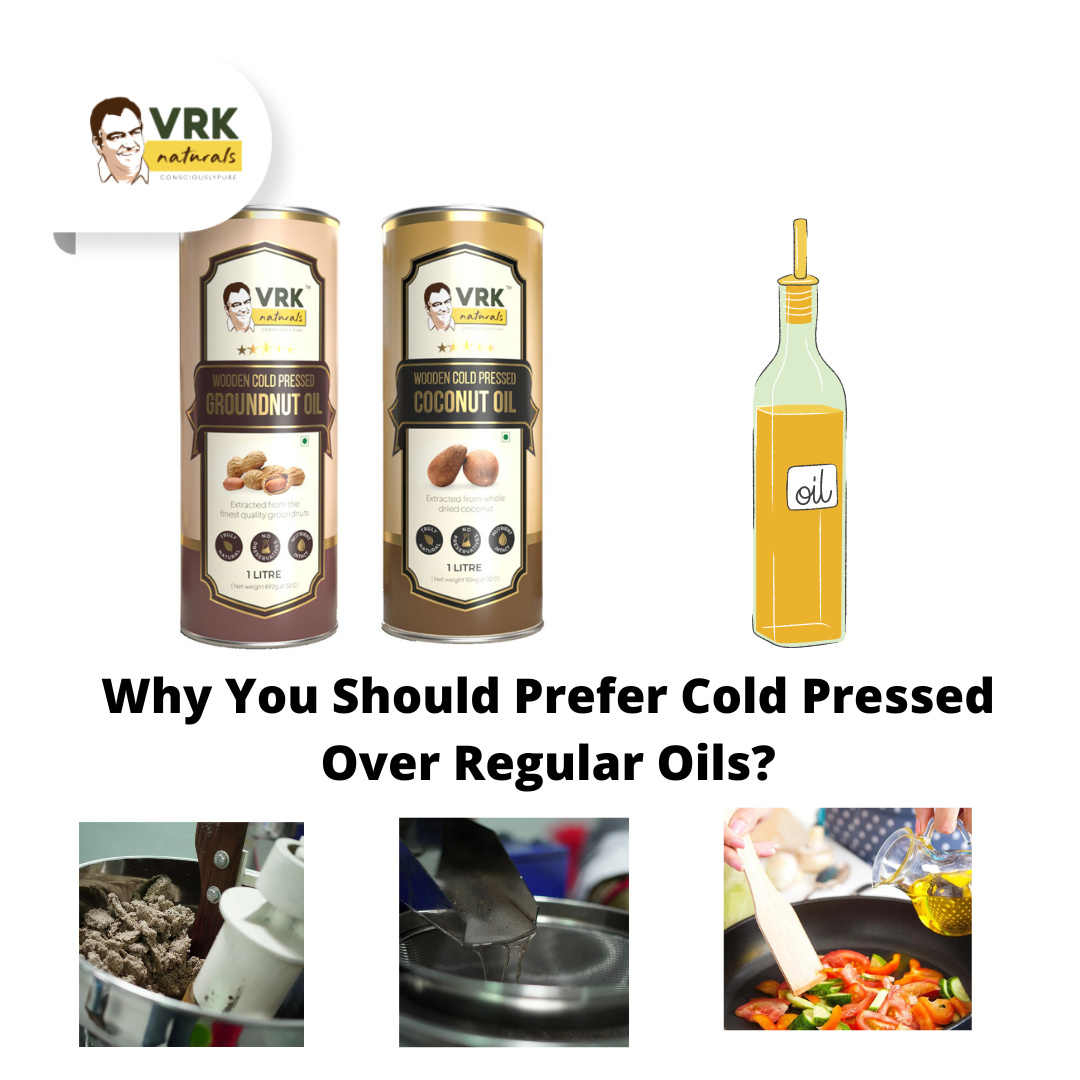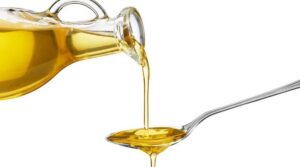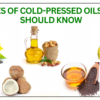Oils are some of the most common ingredients that you’ll find in your kitchen. Used for cooking and moisturizing, it’s no surprise that oil is a valuable commodity. If you’ve been reading our blog or following me on social media, you’ve probably noticed that we’re a big advocate of cold-pressed oils. But What the heck is cold-pressed oil? And how do they differ from refined oils?
This article will answer those questions and more!
COLD PRESSED AND REGULAR OIL: IDEAL DIFFERENCE
Cold-pressed and refined oils are two types of oils that are made from the same plant, but they are processed differently. Cold-pressed oils are pressed using low heat, while refined oils are heated to a very high temperature to separate the oil from the seed or fruit. The result of cold pressing is an oil that has a much thinner consistency than that of refined oil.
Cold-pressed oils tend to be more stable over time and do not oxidize as quickly as refined oils do. They also retain their nutrients more effectively, making them a good choice for cooking. Refined coconut oil is often used as a substitute for cold-pressed coconut oil because it tastes better and costs less per ounce than its counterpart. While both can be used interchangeably, some differences between them make one better than the other when cooking at high temperatures or storing for long periods.
LET’S DIG DEEPER!
The process used to extract the oil has a significant impact on the flavor and quality of the oil. Oil-bearing nuts or seeds are crushed under pressure using low-heating techniques to extract cold-pressed oils. In most cases, the seeds are put in a large cylinder and rotated and crushed constantly until all the oil is gathered. Cold-pressed oils maintain their original flavor, taste, aroma, and nutritional value because the procedure doesn’t use a lot of heat or chemical solvents. “When applied topically, the oil is extremely healthy for both your skin and cardiovascular health. Regular refined oils, on the other hand, are extracted using high temperatures and chemical solvents, which deteriorates their flavor, taste, and nutrition
NUTRITIONAL VALUE
As a result of retaining the potent benefits of their components and maintaining their original form, cold-pressed oils are rich in important fatty acids, antioxidants, vitamin E, vitamin K, vitamin C, and other beneficial fats. Consuming cold-pressed oils is therefore regarded as safe and beneficial, particularly for those with chronic illnesses. When processing seeds or nuts, excessive heat destroys their powerful components, and when hot-pressed oils are further processed with chemicals like acetic acid, hexane, or bleaching soda, all of the nutrients are lost. While drinking cold-pressed oils helps protect the heart by lowering blood pressure and harmful cholesterol levels, consuming refined oils regularly can greatly raise the risk of stroke and heart attack.
SHELF LIFE
To extend their shelf life and yield potential, regular oils are hydrogenated and then given additional damaging chemical treatments. Cold-pressed oils, on the other hand, have a shorter shelf life and a lesser yield because they are unfiltered and barely treated. Because of this, conventional or hot-pressed oils are generally more affordable than superior cold-pressed oils.
COOKING METHOD
Due to their low smoking values, cold-pressed oils are ideal for food prepared at medium to low heat, whereas hot-pressed oils are favored for food preparation at high heat due to their high smoking points.
Although switching from conventional oil to cold-pressed oil might be challenging and pricey, the effects on your health and well-being are significant. Coconut oil, olive oil, sunflower oil, groundnut oil, flaxseed oil, walnut oil, borage oil, and other cold-pressed oils are some to include in your diet for optimal heart health.
FINAL THOUGHT
Ultimately, cold-pressed oil is the better option. It preserves all the nutrients of the oil, delivering a fresher product that is easier on your body and can help you achieve your health and wellness goals. Refined oil, on the other hand, may not contain everything that it used to before its heating process. This means that you have to be more vigilant about getting your nutrients from other foods. With cold-pressed oil, you don’t have this concern—it’s a far healthier alternative.












